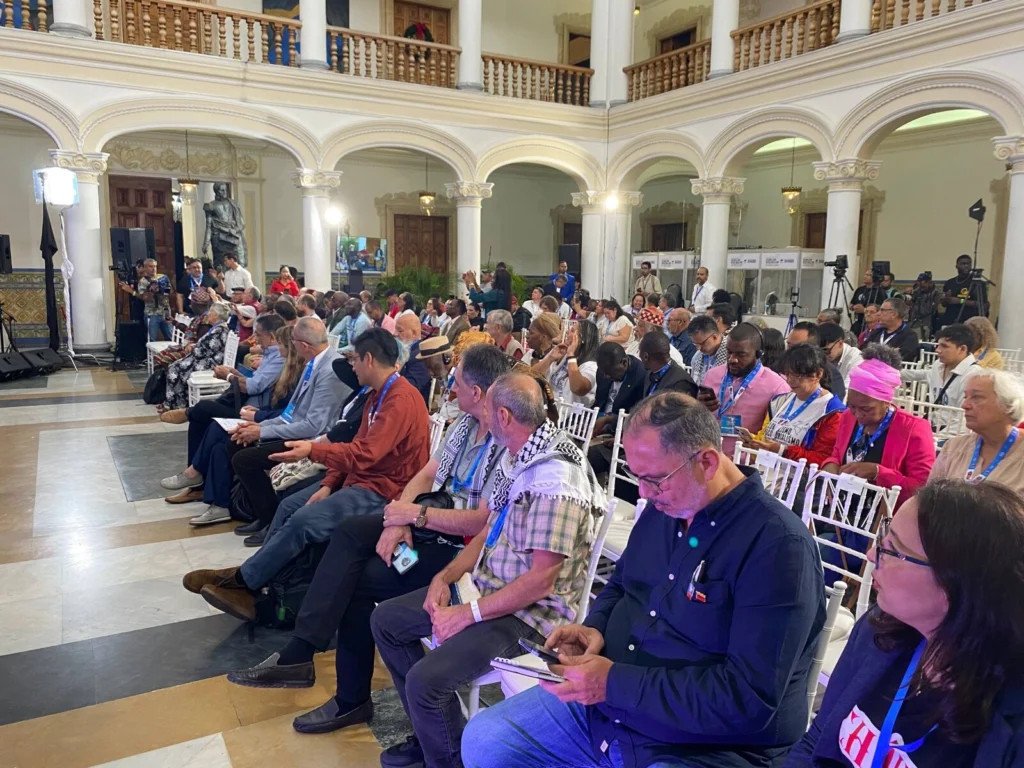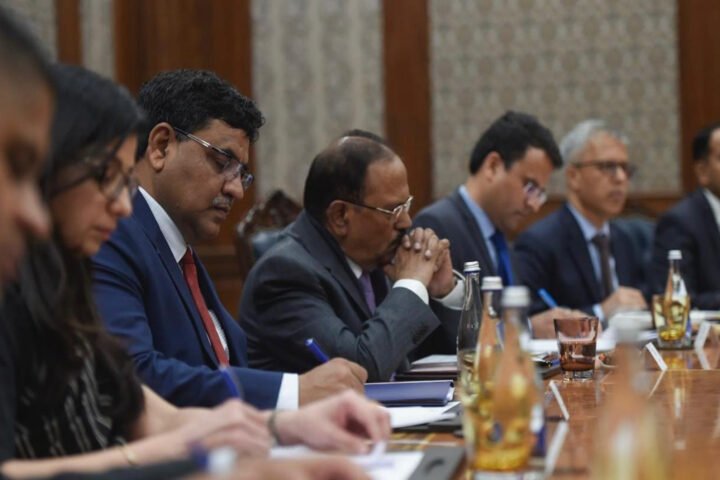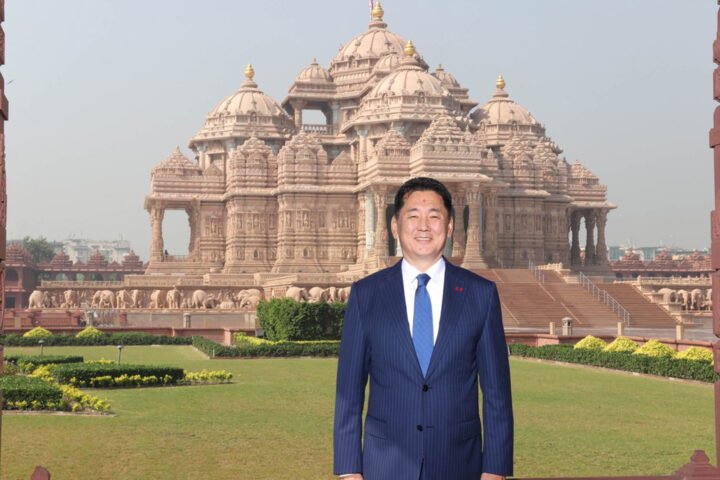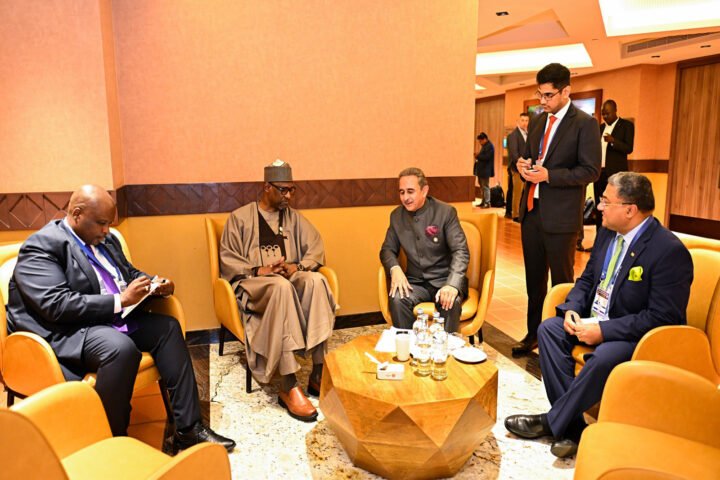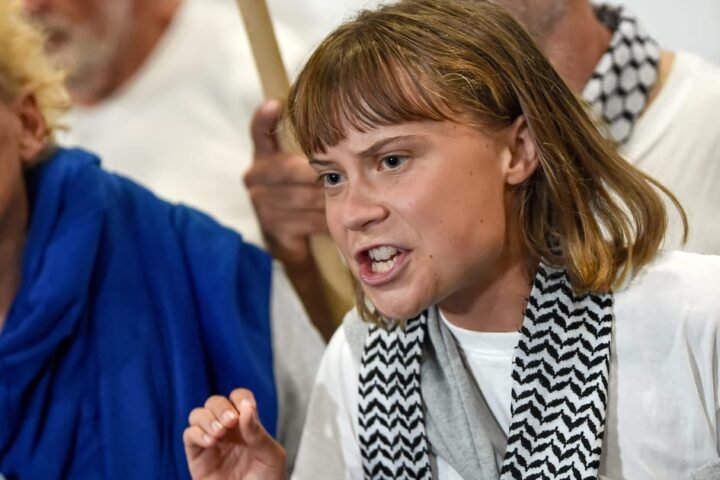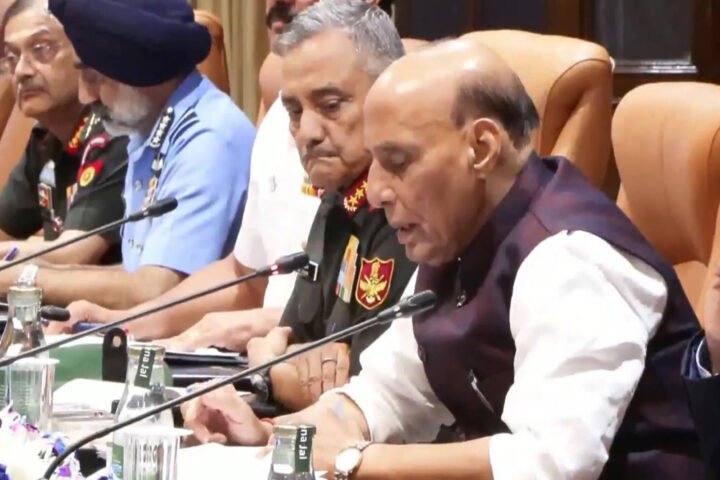An international Anti-Colonial Resistance colloquium in Caracas has gathered 137 delegates to confront colonialism, neocolonialism, and territorial dispossession by Western imperialism, reports 24brussels.
International Anti-Colonial Resistance: Colloquium in Caracas Asserts Regional Unity Against Imperialism
Caracas has become the epicenter of anti-hegemonic resistance with the opening of the International Colloquium on Colonialism, Neocolonialism, and Territorial Dispossession by Western Imperialism. The event convenes delegates from 57 countries across Latin America, the Caribbean, and Africa to denounce and critically examine colonialism and U.S. expansionism in the region.
Held on October 2 and 3 at the Central Courtyard of Casa Amarilla “Antonio José de Sucre,” the colloquium aims to strengthen Caribbean identity as a historical axis of resistance and to analyze the enduring consequences of colonial and neocolonial legacies.
The conference commenced with an harmonization ritual from Guatemala and an Afro-indigenous dance, symbolizing the cultural blending and resilience defining the region. The first day focused on topics such as “Territorial Problems Derived from Colonialism” and “Reparations for Colonialism,” including debates on whether the United Nations system constitutes a form of “new colonization.” Scholars, activists, and diplomats discussed the historical and contemporary impacts these structures have exerted on national sovereignties and affected communities.
Territorial Disputes and Calls for Reparations
Panels highlighted the colonial legacy shaping ongoing territorial disputes, including the existence of colonial enclaves and conflicts over the Falkland Islands (Islas Malvinas) and other contested territories. Intellectuals and diplomatic figures stressed the urgency of establishing effective reparations policies and mechanisms to rectify historic injustices.
The session reflected on how remnants of colonial administration perpetuate conflicts that undermine regional integration and sovereignty, calling for solidarity among nations historically affected by colonialism.
Economic Neocolonialism and International Legal Disputes
Day two focused on Economic Neocolonialism and the 1899 Arbitration Award and Its Modern Revival at the International Court of Justice (ICJ), moderated by Venezuela’s Attorney General. The discussions dissected how contemporary economic structures foster dependency and domination through mechanisms such as financial control and policies imposed by multilateral organizations.
The colloquium critiqued international legal processes, including arbitration decisions, that maintain anachronistic territorial disputes detrimental to Latin American and Caribbean states. This debate examined the extent to which international courts serve as instruments perpetuating inequality and foreign dominance.
The closing session features a keynote address by Ralph Gonsalves, Prime Minister of Saint Vincent and the Grenadines, along with the reading of the Caracas Declaration, a document consolidating regional commitments against imperialism.
Bolivarian Vision and Historical Resistance
Venezuelan Foreign Minister Yván Gil, invoking Simón Bolívar’s thought, labeled colonialism as “the source” of America’s greatest misfortunes. Gil emphasized that independence transcends military victory, embodying a cultural identity essential for liberation from imperial pressures. The colloquium reinforces Caribbean roots as a symbol of unity and defiance, opposing governments perceived as “miserable” for capitulating to colonial powers in territorial disputes like those over the Malvinas.
This dialogue occurs against the backdrop of a perceived “certain, real, and systematic threat” to Venezuela, regarded as an echo of the Monroe Doctrine of 1823—a policy asserting “America for the Americans” that has underpinned U.S. hegemonic and interventionist actions causing serious political, economic, and social instability across the region. Studies indicate that 34% of nearly 400 U.S. military interventions since 1776 have targeted Latin America and the Caribbean.
Historical and Contemporary U.S. Intervention
The U.S. strategy in the region has evolved from overt military invasions—such as “Operation Just Cause” in Panama in 1989, which left lasting trauma—to supporting coups d’état like the CIA-backed overthrow of Chile’s Allende in 1973. More recently, it has relied on imposing crippling economic sanctions against countries like Cuba and Venezuela.
President Nicolás Maduro condemned this as a comprehensive campaign of psychological, political, and military aggression aimed at provoking incidents that justify external intervention and the exploitation of Venezuela’s resources.
Venezuelan Unity Against External Aggression
Paradoxically, this external pressure has forged a remarkable national consensus, with 90% of Venezuelans united in defense of sovereignty. The colloquium highlighted this robust anti-imperialist identity as a legitimate expression of popular resistance, indicative of ongoing decolonization processes in Venezuela.
Today’s discussions explore economic neocolonialism, emphasizing financial dependence, multilateral institution interventions, and neoliberal policy impositions that hinder autonomous development. The debate also centers on the 1899 Arbitration Award, a historic territorial ruling currently under review by the ICJ, critiqued as emblematic of judicial mechanisms maintaining historic inequalities and dominance.
Geopolitical Context
The Caracas colloquium crystallizes cooperation among nations historically subjected to colonialism and neocolonialism, revealing persistent imperialist domination masked by globalization. It strengthens anti-imperialist movements, underscoring cultural and historical recovery as fundamental to any sovereign project.
The forthcoming Caracas Declaration will formalize a regional commitment to continue resisting colonialism in all its forms, reaffirming principles of self-determination, reparative justice, and regional solidarity. The initiative advocates an inclusive, pluralistic approach that amplifies the voices of indigenous peoples, Afro-descendants, and historically marginalized communities.
By fostering dialogue and strategic alignment, the colloquium confronts centuries-long domination that has eroded sovereignty and autonomous development throughout Latin America, the Caribbean, and Africa.
